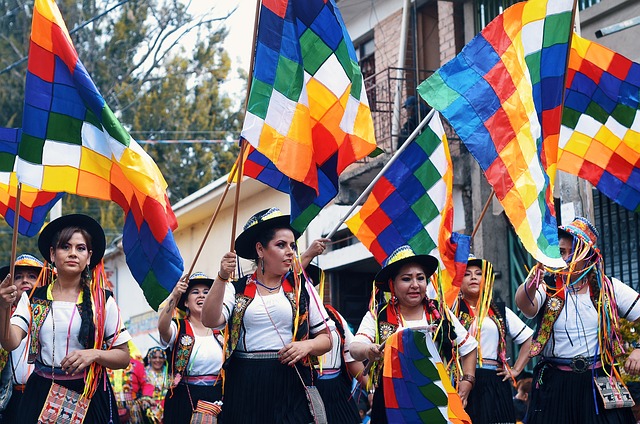Plurilingual Perspectives, Pluricultural Contexts
A case study on Agence-France Presse news coverage about the plurinational State of Bolivia in Spanish, French, and English
DOI:
https://doi.org/10.31273/eirj.v11i2.1137Keywords:
Bolivia, Agence-France Presse, representation, translation, cross-linguistic corpus-assisted analysis, framing devicesAbstract
The present article is concerned with the multilingual news coverage from Agence-France Presse (AFP) about the South American country of Bolivia. Firstly, the theoretical and methodological approaches are outlined in order to characterise the plurality of contexts giving rise to AFP’s coverage of the Bolivian 2020 general elections. Secondly, an analysis is proposed that contrasts these multilingual versions in terms of framing devices and translation shifts, aiming at exploring the ways in which media stakeholders represent the Bolivian reality. Thirdly, the findings of this analysis are contextualised with reference to a cross-linguistic comparison of newspaper corpora. When comparing the Spanish, French, and English versions, the first two are found to be more aligned at the level of discourse patterns. The ultimate purpose of this case-study is to observe the presence of translation in plurilingual news settings, where the role of translators often goes unacknowledged within
Downloads

Downloads
Published
Issue
Section
License
Copyright (c) 2024 Natalia Rodriguez Blanco

This work is licensed under a Creative Commons Attribution 4.0 International License.
Authors who publish with this journal agree to the following terms:
Authors retain copyright and grant the journal right of first publication with the work simultaneously licensed under a Creative Commons Attribution License (CC-BY), which permits use and redistribution of the work provided that the original author and source are credited, a link to the license is included, and an indication of changes which were made. Third-party users may not apply legal terms or technological measures to the published article which legally restrict others from doing anything the license permits.
If accepted for publication authors’ work will be made open access and distributed under a Creative Commons Attribution (CC-BY) license unless previously agreed with Exchanges’ Editor-in-Chief prior to submission.
Authors are able to enter into separate, additional contractual arrangements for the non-exclusive distribution of the journal's published version of the work (e.g., post it to an institutional repository or publish it in a book), with an acknowledgement of its initial publication in this journal.
Authors are permitted and encouraged to post their work online (e.g., in institutional repositories or on their website) prior to and during the submission process, as it can lead to productive exchanges, as well as earlier and greater citation of published work. (see: The Effect of Open Access)
